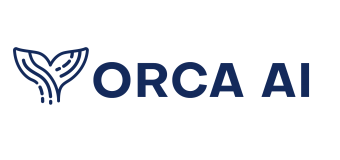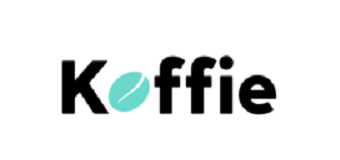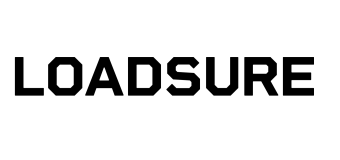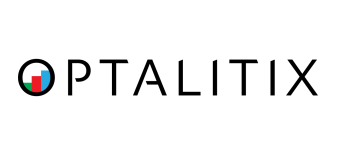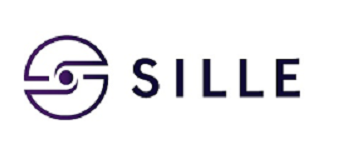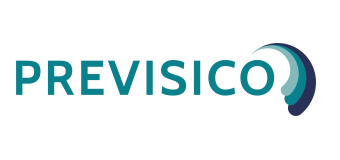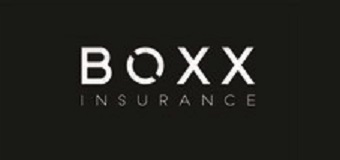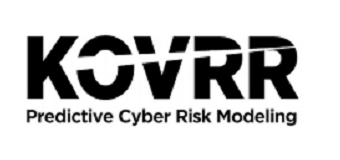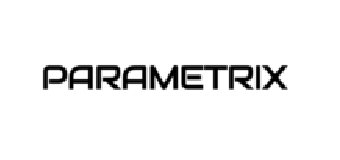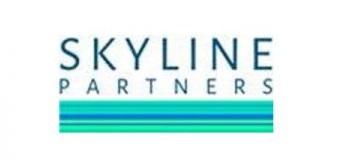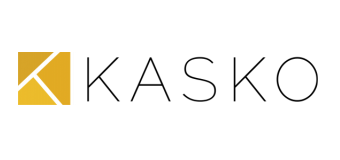Orca AI
Location: Tel Aviv, Israel
Koffie
Location: Brooklyn, USA
Loadsure
Location: London, UK
Optalitix
Location: London, UK
Sille.Space
Location: London, UK
Previsico
Location:Loughborough, UK
Artificial Labs
Location: London, UK
Boxx Insurance
Location: Toronto, Canada
Kovrr
Location: Tel Aviv, Israel
Parametrix
Location: USA
Skyline Partners
Location: London, UK
KASKO
Location: London, UK
We were looking for start-ups aligned to these four new themes:
Data and models

For the Lloyd’s market, profitable underwriting depends on continually improving the tools and techniques used to select and assess risks, manage risk portfolios and optimise the claims handling process. Data is the lifeblood of the underwriting process and, with an ever-increasing range of sources available, we want to make sure we’re looking beyond our core data sets to power smart decision-making in the market.
We’d like to hear from start-ups who can find and help us tap into alternative data sets to paint a more accurate picture of risk and help the market underwrite more profitably. Ideas could range from finding new data sources that highlight high risk policies for more accurate underwriting, to predicting future claims based on search engine trends, or aggregating existing data sets in new ways to reveal hidden trends.
We are also interested in how new algorithms, models, and statistical techniques can help us to create a more bespoke experience, gain a deeper understanding of risk, and address the protection gap. Rather than just seeking new insights from new data, we are also seeking new insights from existing data.
Solutions could include:
- A proprietary or aggregated data source(s) that could be of interest to help us understand risk for existing products or develop new ones. – Data sharing platforms which would benefit a regulated market like ours.
- Economic or company data that would assist with rating and reduce the burden on customers to provide data to us.
- Ways of extracting data from legacy systems.
- Pre-competitive pricing and risk models for existing or new risks.
- Models to help us understand specific scenarios; such as extreme cyber attacks, natural hazards, liability exposures or damage to intangible assets.
- Data enrichment services
Case study: Insurdata
Insurdata specialize in the creation and augmentation of peril-specific exposure and risk data via its Exposure Engine platform. Launched in 2017 to address the lack of accurate property-related data available to the re/insurance market, Insurdata’s platform enables re/insurers to create high-resolution, peril-specific data in real-time. By generating accurate geocode information and precise building attribute data, underwriters and portfolio managers can achieve the level of granularity necessary to capitalize fully on today’s advanced modelling capabilities.
Insurdata came into the Lab wanting to understand the state of property exposure within the market. They believe that there is a fundamental mismatch between property data and modelling resolution which has a material impact on the way risk is managed, mitigated, priced and accounted for. Over the 10-weeks Insurdata decided to focus their time on analysing syndicate property data in order to educate syndicates on their property exposure and show how accurate their Exposure Engine is compared to the currently used geocode providers.
Their mentor, Emma, helped send out an email to Heads of Exposure Management within the market, explaining what Insurdata were looking to do and asking them to send a sample of property exposure data for Insurdata to analyse. Insurdata ended up receiving data from 21 syndicates. Their analyses of 25,000 US properties across 19 syndicates found that 73% of geocodes were displaced by 10m+, 33% by 100m+ and that Annual Average Loss (AAL) for flood moved on average by 60% per location. Insurdata ran sessions with each individual syndicate to feedback their analysis and findings.
New insurance products and markets
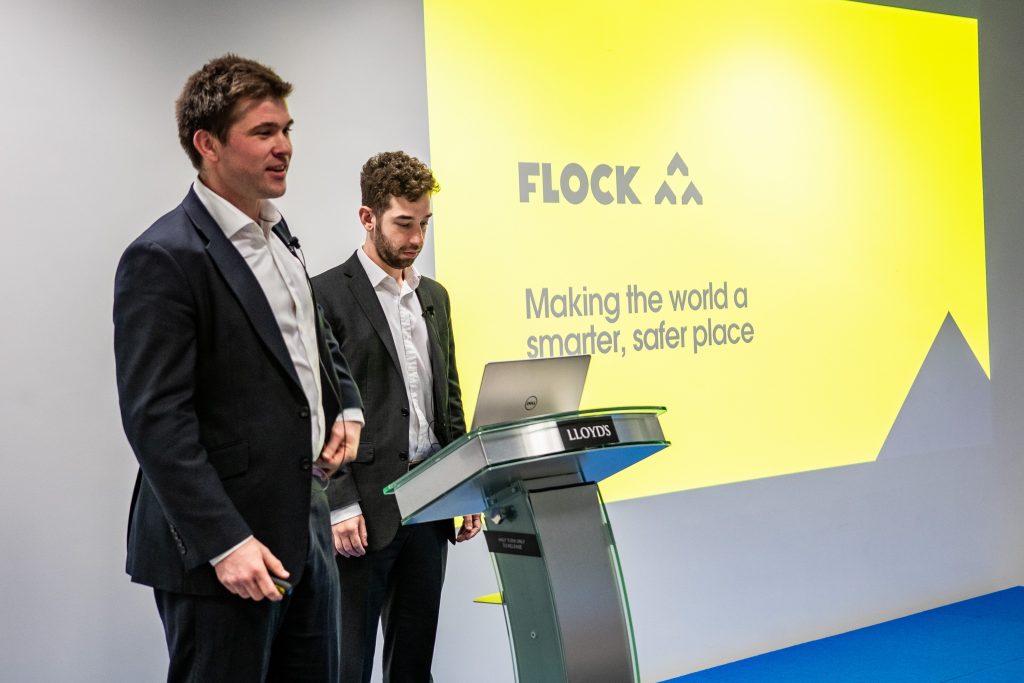
We are interested in new insurance products and solutions which open up new markets. We would like to find ideas which can be incorporated into the Risk Exchange and/or Complex Risk Platform; two of the workstreams being developed through the Future at Lloyd’s programme.
The Risk Exchange and Complex Risk Platform are two parts of the Future at Lloyd’s Blueprint One.
Lloyd’s recently launched the Product Innovation Facility (PIF) along with 27 insurers from the market, approaching £150m of capacity available. We envisage successful ideas coming through the Lab will go forward to the PIF to seek capacity within the market.
Solutions could include:
- Technologies that can help predict/forecast and perhaps prevent risks bundled as services within an insurance product. From the dark web, to natural perils we are interested in helping our customers understand their live exposures and to mitigate the risks.
- A smart contract or parametric product that you would like to trial with supportive managing agents
- New parametric products, e.g. in agriculture
- New pricing techniques
Case Study: Flock
Flock helps underwriters unlock the power of risk intelligence. Flock recently launched its digital underwriting and risk intelligence platform, which helps insurers launch data-driven insurance products that grow new portfolios and augment existing ones. With Flock’s platform, insurers can:
- Optimise underwriting
- Flock’s platform uses a myriad of static and real time data sources to create unique event-driven insights that augment existing pricing models and help underwriters make better informed decisions, reducing loss ratios.
- Automate processes – underwriter time is best spent evaluating complex and high-value risks. Flock’s platform automates the simple, necessary administrative tasks of low-premium underwriting, reducing administrative expenses and freeing up underwriter time for value-add activities.
- Democratise risk insights – by empowering the end-customer with a more granular understanding of their risk profile, Flock’s platform breaks down the asymmetry of information between insurer and insured. This allows customers to take greater control of their own risk management and mitigate losses, reducing the frequency and severity of claims, and creating a safer, smarter world.
Flock wanted to refine and develop their General Aviation (GA) product, specifically the broker and underwriter interfaces. Currently, the cost of doing business within GA is the same whether you are underwriting a £10k risk or £100k risk, as the administrative process is expensive. The loss ratio is also high, with better insights underwriters can reduce losses with better risk selection. Flock also wanted to collect insights from the market to inform which class they should next develop a product for.
They interviewed both aviation underwriters and brokers from across the market and used this data to develop their GA product, creating an easy to use and insightful tool. They will now look for their first customers to use the tool. In order to gather market insight for future strategy Flock also sent out a survey to find out which other classes suffer from similar problems to GA.
Future of transportation

There are countless examples of innovation taking place in transportation of people and goods which we would like to explore.
This theme encapsulates all forms of transportation, for example:
Marine
- How can we understand the risks of Marine hull and cargo? Can we get data on large and small vessels?
- How will rising political tensions affect where we can travel in the world? How can we monitor this and avoid hotspots?
On the road
- How should we insure driverless cars/ lorries? Is a different approach needed in the short term?
- Do driver assist capabilities need to be considered?
- Smart motorways: How will truck platoons (joining several trucks together) be insured?
Aviation
- How can we quantify the risk of aviation damage including hull and cargo?
- What about keeping passengers safe on board? Impacts on CO2 levels:
- How will decarbonisation affect the sector – what tools can help us be ready?
- Are there infrastructure changes which will impact the way we transport people or good?
Rail
- Does rail modernisation in the UK offer any opportunities to improve information on, or insurance for rail?
Electric / smart
- What will electric vehicles do to risk levels? Lower/ higher
- What new tech will be embedded that we can make use of?
- How will intelligent public transport affecting things? Will GL risks fall?
Other transport applications
- Space tourism is coming, what solutions should we be looking at?
- Supply chains are growing evermore complex – what can we do as insurers to understand the aggregated risk and to help our customers deal with incidents?
- There are many transportation related sharing-economies, e.g. electric bikes and scooters, and ridesharing apps.
- How can insurance help Hyperloop innovators develop the solution faster? What are the associated risks?
Cyber

We have yet to have a company addressing cyber risks in any of the first three Lloyd’s Lab cohorts and so we have decided to focus a theme specifically on this topic for cohort 4.
We are interested in a wide range of solutions which can help the Lloyd’s market understand the risks better, respond even faster to incidents, or provide a better service to its customers.
Do you have a solution which addresses any of the challenges in our Shen or Bashe attack scenarios? In these detailed reports we analyse many of the potential impacts of such attacks and opportunities for insurers; some of which will need support from technology businesses.
For this cohort of the Lloyd’s Lab we also invite applications from companies with existing cyber solutions; however, we would be keen to see how these can be developed during the programme to bring something new that the market does not already have.
Keep in mind that we aren’t just interested in the cyber class of business, but we’re keen to see solutions for cyber risks embedded within other areas; for example, property-related or marine and aviation cyber threats.
Solutions could include:
- Are there ways to help underwriters assess the cyber-related supply chain risks in the cargo/marine markets?
- How can we better understand cyber risk for individual companies?
- How can we model the chance of a cyber event leading to multiple insurance policies triggering at the same time?
- Are there new ways to insure cyber risks – e.g. parametric covers?
- Show us new ways to provide services to clients to deal with Cyber incidents.
- Have you developed a new approach to reserving for cyber?
Timeline
2020
21
Feb
02
Apr
Pitch Day
Pitch Day is your chance to present your idea to Lloyd’s senior leadership and market representatives for the chance to win a place in the Lab. Around 24 applicants will be invited to pitch.
27
Apr
Programme Starts
The 10-week intensive collaboration between you and the Lloyd’s Lab starts here, supported by market experts and external mentors.
08
Jul
Demo Day
Where you’ll show us what your start-up has achieved over the previous 10 weeks and present your proposal for future engagement with the Lloyd’s market

